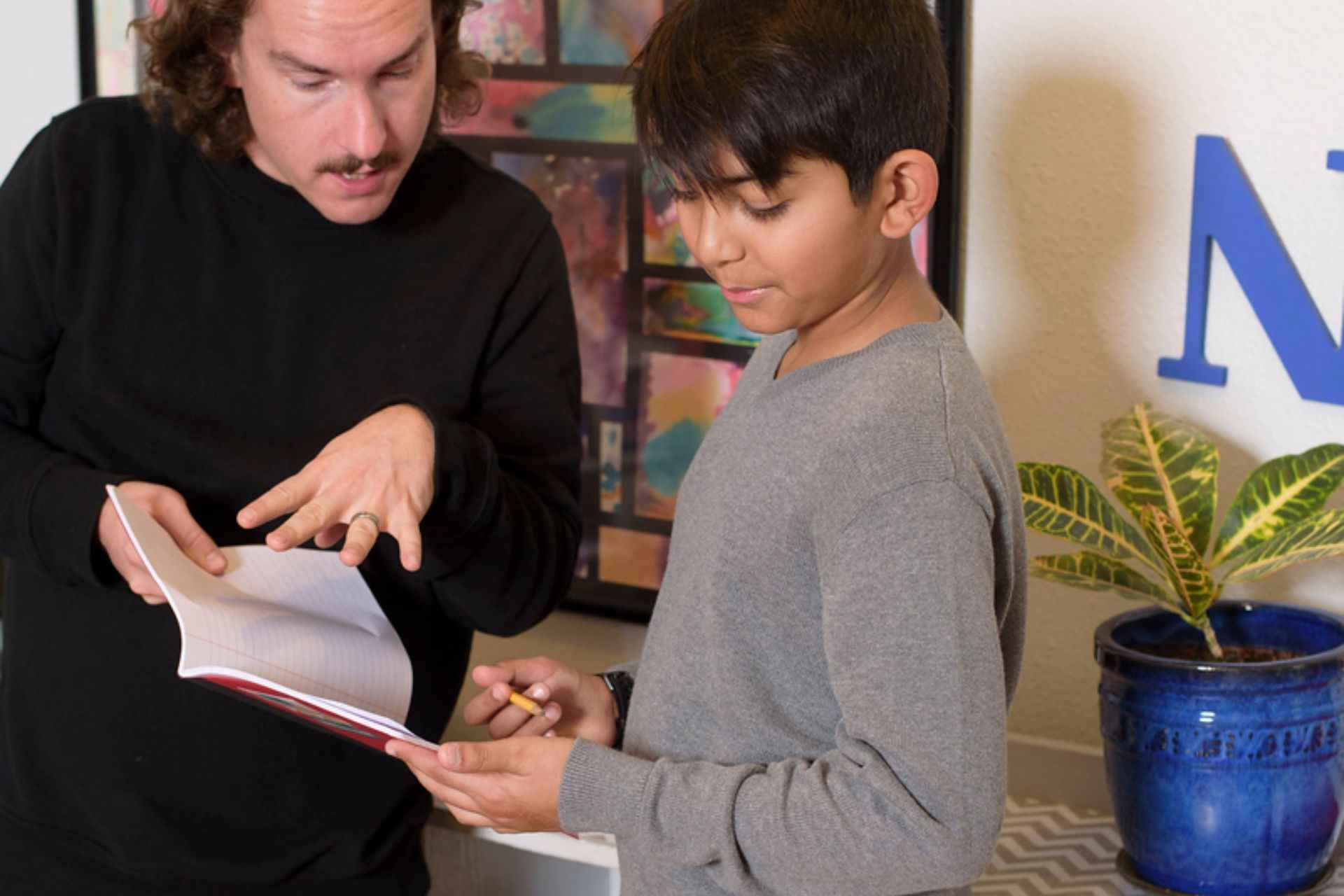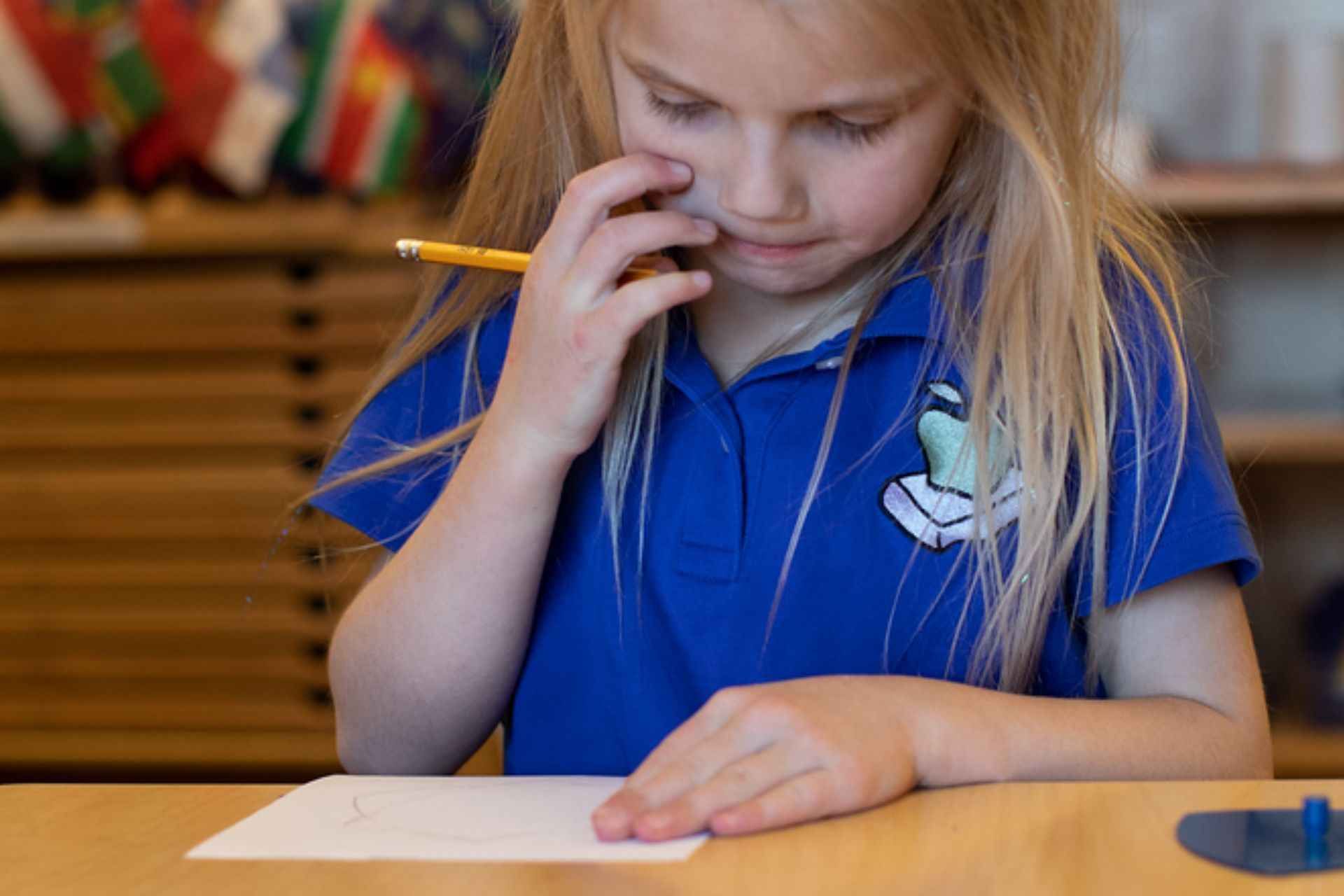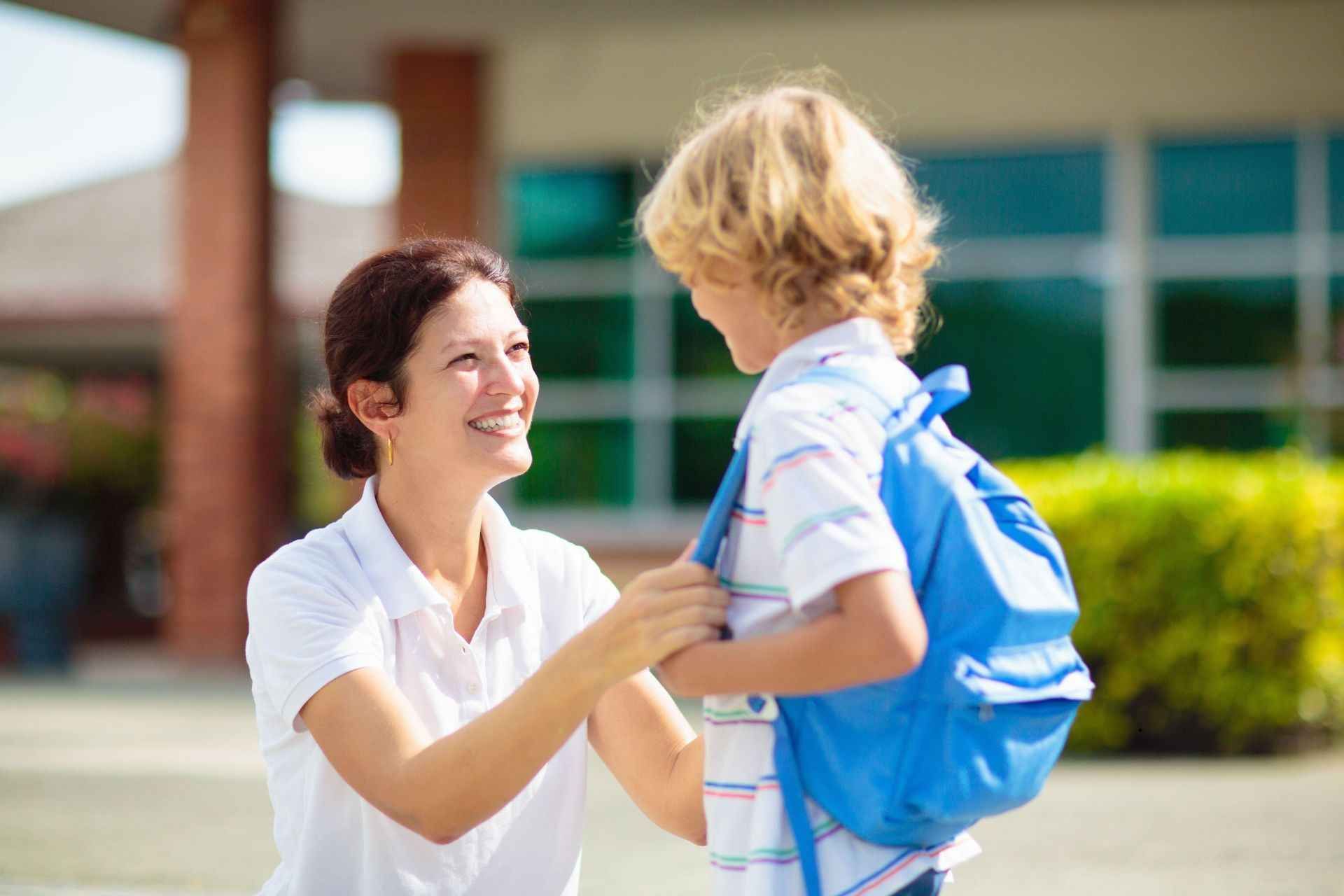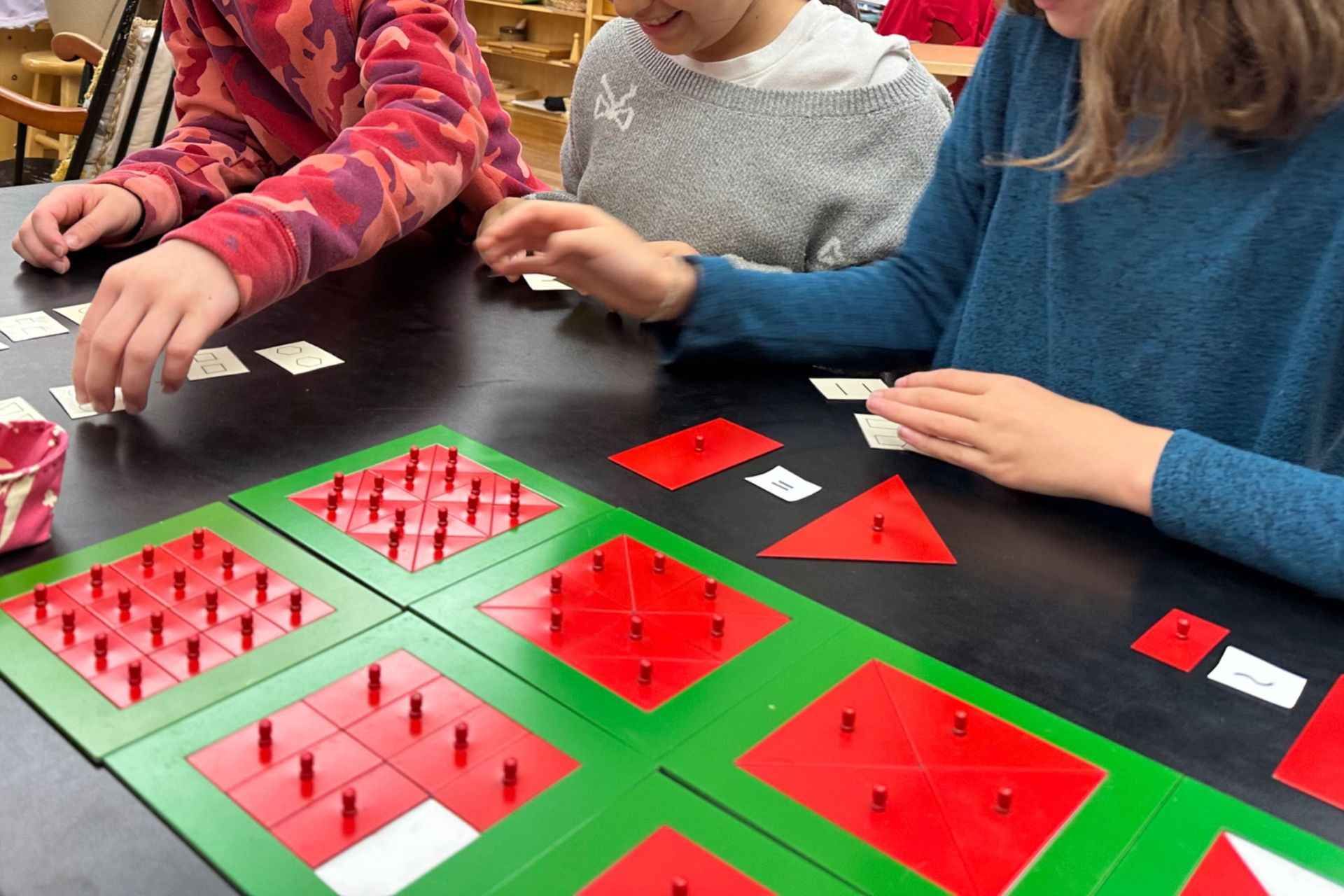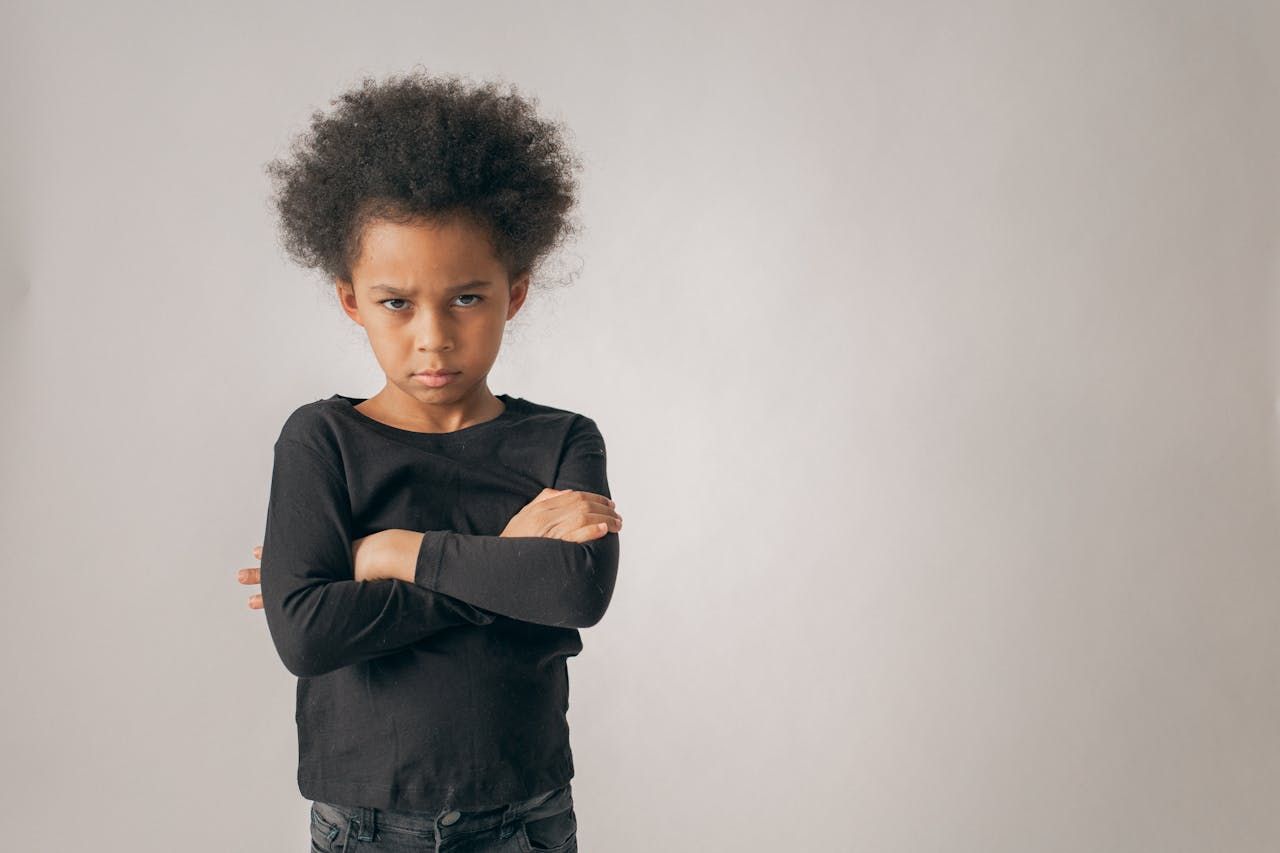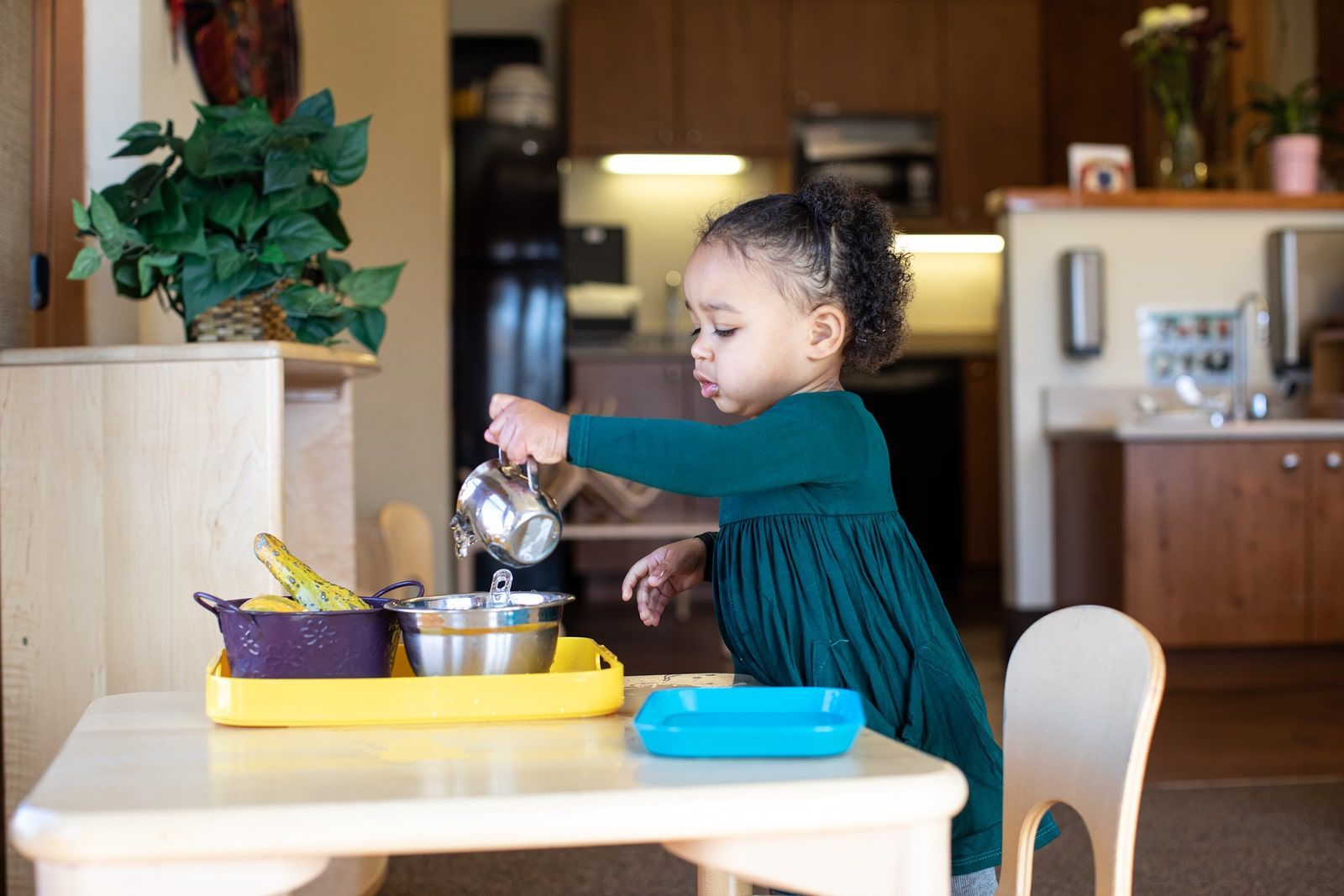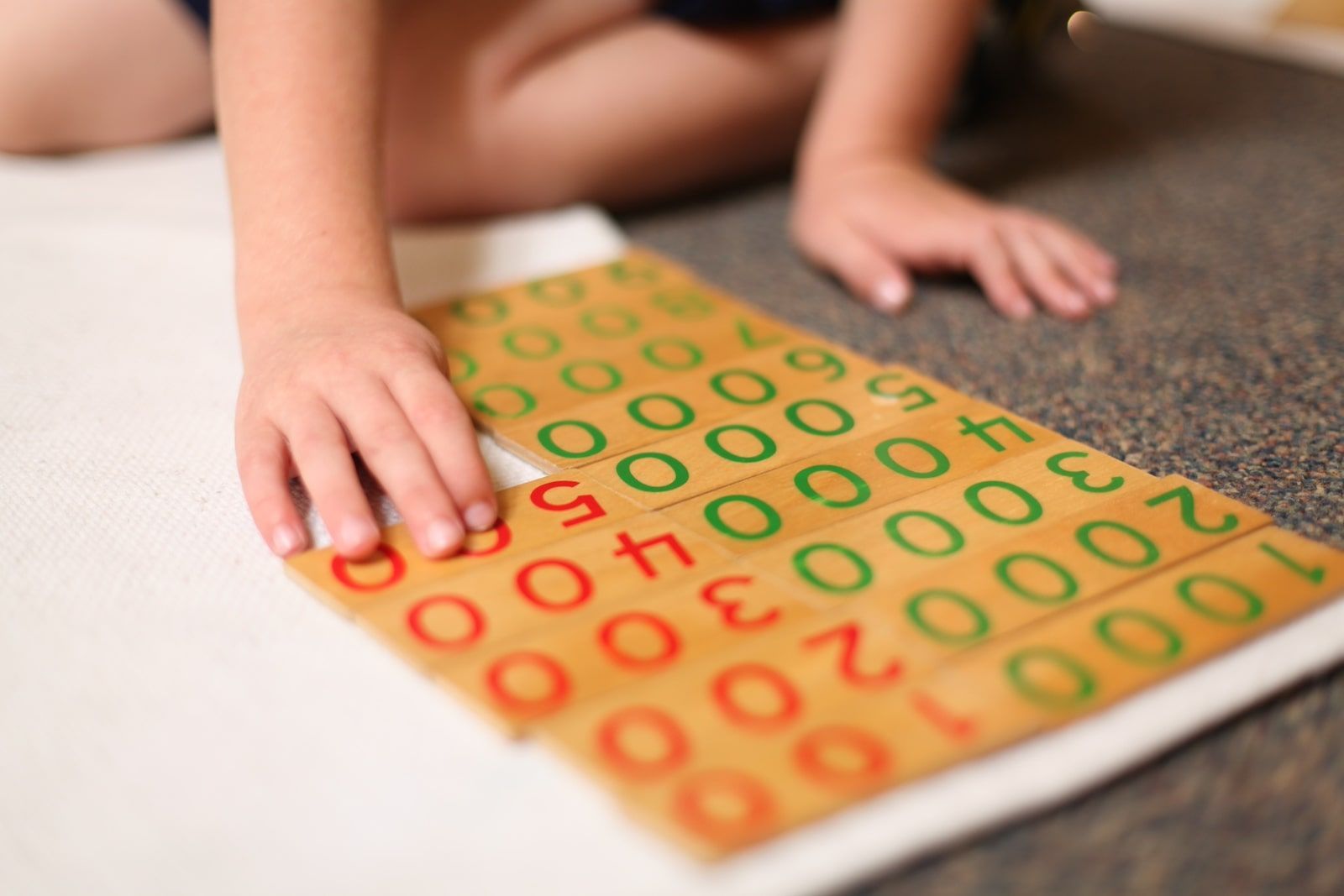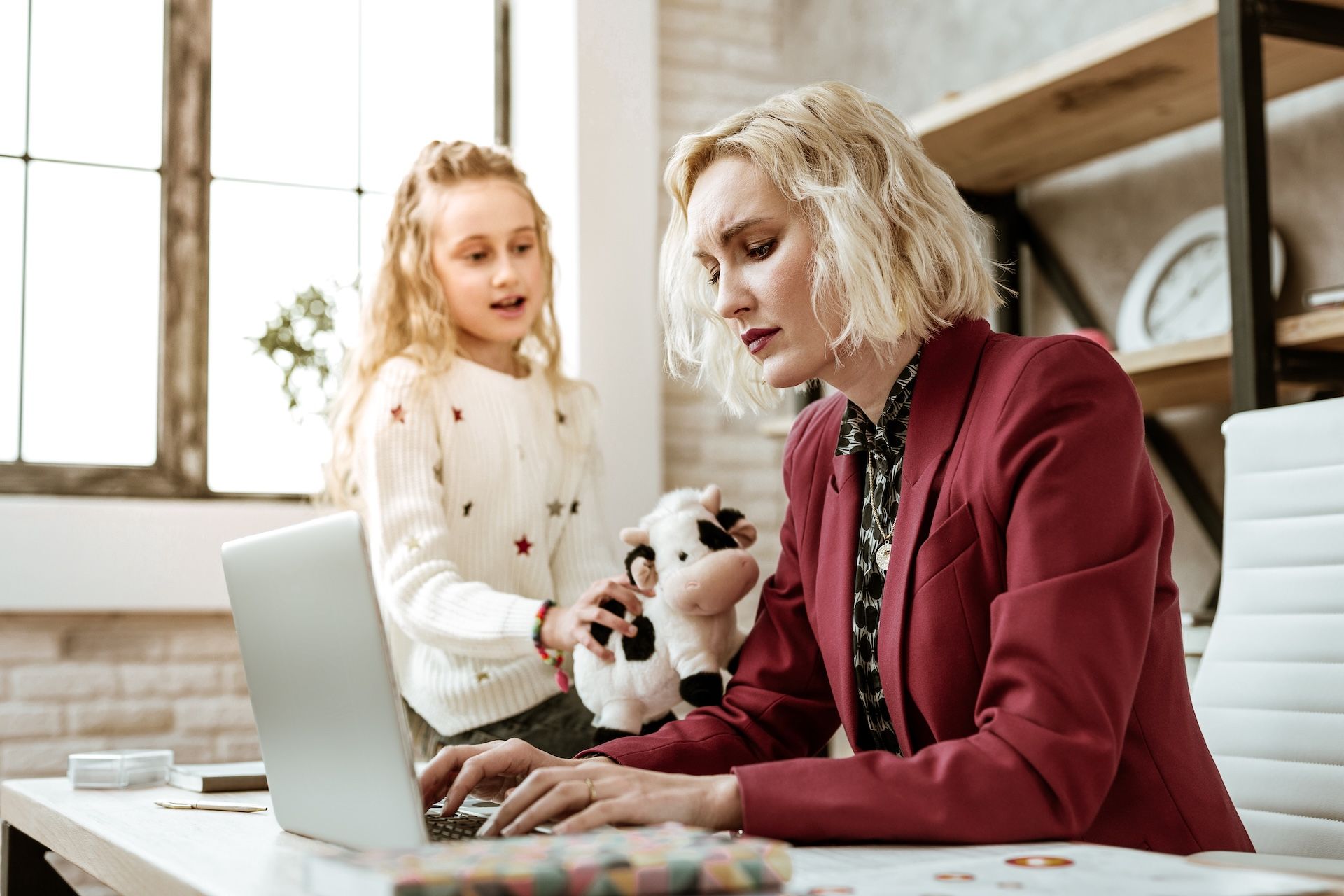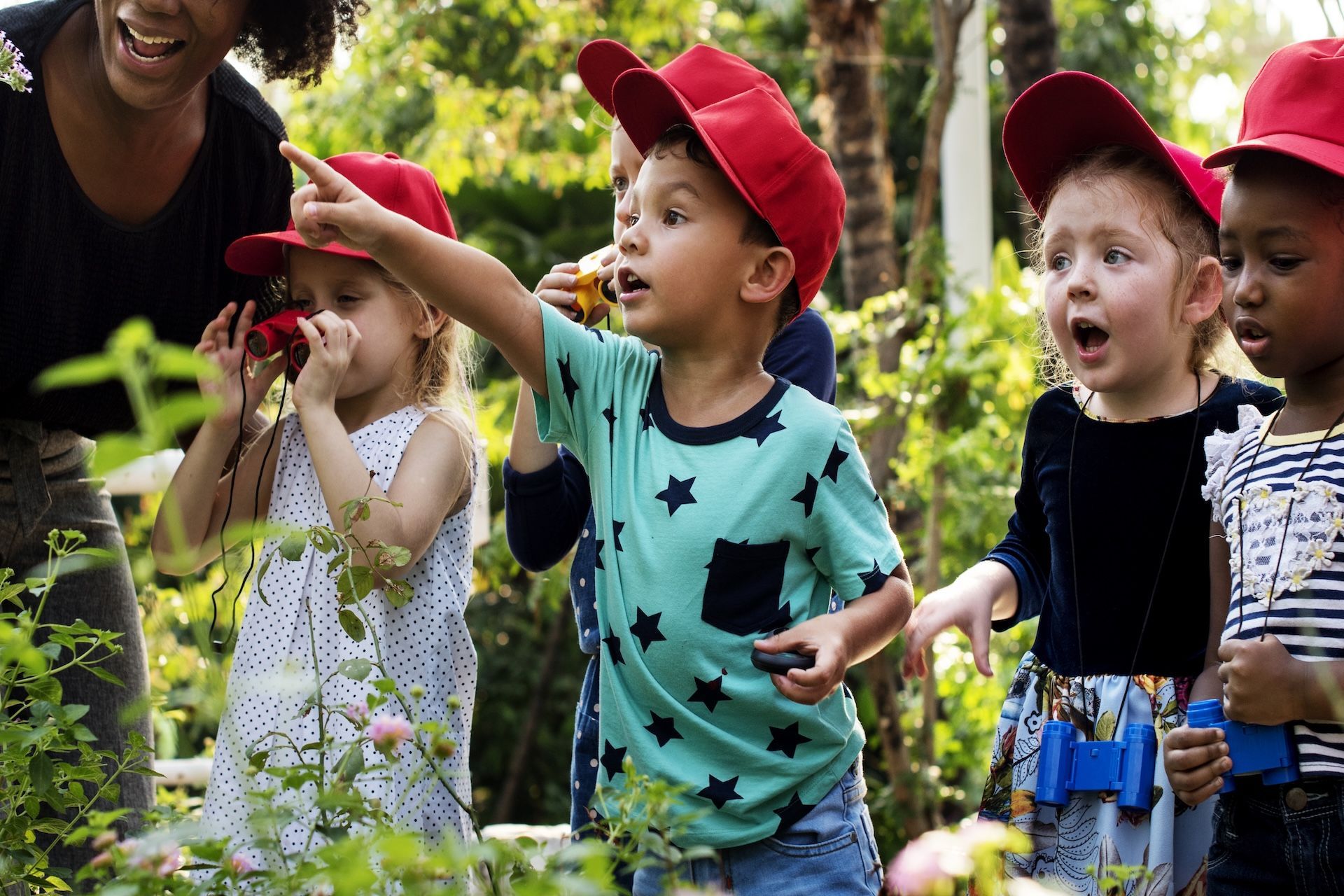Where Learning Grows: The Montessori Approach to Outdoors
Our Outdoor environments nurture responsibility, curiosity, and connection—supporting whole-child growth through nature.
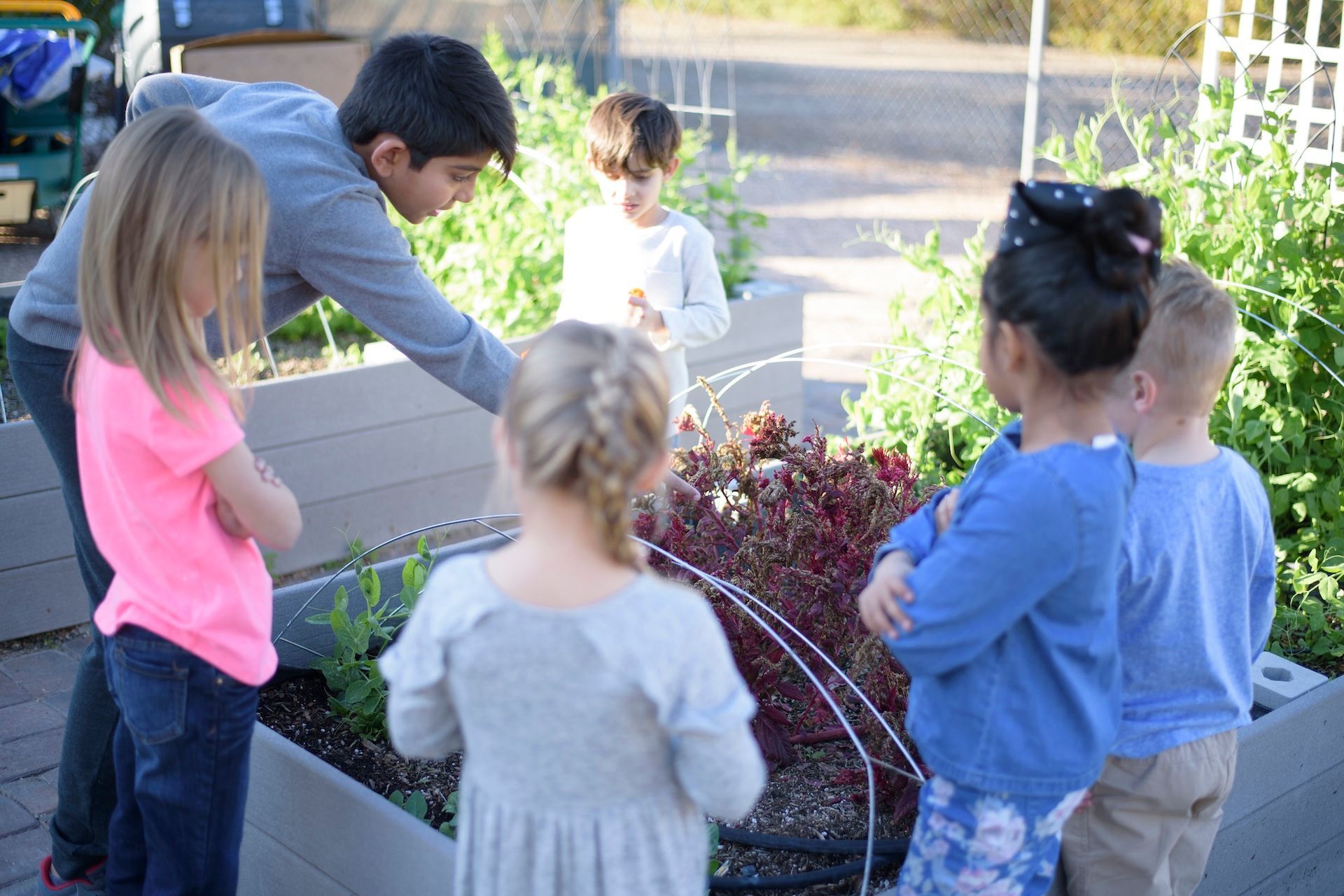
One of the many beautiful and empowering aspects of Montessori education is how it helps children understand themselves as valued members of a community. A key way this happens is through Care of the Environment, a form of Practical Life work that provides children with the opportunity to tend to the spaces they live in each day.
By participating in this care, children begin to feel at home in their classroom, school, and community. They feel a sense of ownership and take pride in their surroundings, and in the process, develop a deep sense of responsibility and connection.
The Outdoor Environment
When considering the children’s environment, we're not just referring to indoor spaces. In Montessori, the outdoor environment is not an afterthought. Instead, we consider the outdoors to be a natural and essential extension of the prepared indoor space.
For young children, who are absorbing everything from the world around them, the time spent outdoors supports development in profound and lasting ways. For older children and adolescents, outdoor spaces can be a place for self-regulation and deep focus.
Now more than ever, when children tend to spend increasing amounts of time indoors, reconnecting with natural spaces is vital for physical, emotional, and cognitive health.
Why Being Outdoors Matters
Research, including the work of Richard Louv in The Last Child in the Woods, highlights a growing body of evidence that time spent in nature is critical to the healthy development of both children and adults. In Montessori, we recognize that outdoor time is not a break from learning. Rather, the natural world is a powerful space for movement, language, social development, and sensory integration. Time outdoors is learning time.
Young children are in the midst of sensitive periods for order, language, movement, and sensory refinement. These windows of opportunity allow for an intense connection with nature that nourishes the whole child. Plus, the natural world’s beauty, order, and rhythm speak to our deepest human tendencies: to explore, understand, and belong.
The Adults’ Role Outside
Outdoor spaces become a rich environment for observation, guidance, and connection. Children are often more socially expressive outdoors, making this a critical time for observing group dynamics and supporting social-emotional growth.
It’s also a time to model joyful, playful behavior. Children need to see that being human includes lightness and laughter, and outdoor time offers the perfect opportunity for us to play alongside children while still maintaining an appropriate level of guidance.
We can also help children understand that different environments call for different behaviors. What is appropriate outdoors differs from what is expected indoors. As children gain different experiences, they come to understand how to conduct themselves with grace and courtesy on a woodland trail and a garden bed, or how to navigate the intricacies of fort building and group game dynamics. Montessori children learn to move through different scenes and scenarios with increasing awareness, sensitivity, and confidence.
Setting Up Outdoor Spaces
We want our outdoor spaces to feel like a true extension of our classrooms, not a break from them. As such, we are intentional about how the outdoor spaces are developmentally appropriate, deepen children’s understanding of cause and effect, and nurture a sense of order. We want activities in the outdoor space to have a purposeful intent so they support the integration of children’s will, intellect, and coordinated movement.
At home, outdoor activities can provide open-ended play opportunities that encourage exploration and independence, as well as ways to involve children in purposeful projects. Here are some ideas to get started!
Practical Life
- Provide tools for cleaning tasks: sweeping paths, washing outdoor furniture, scrubbing flower pots, washing the car, and wiping off outdoor toys.
- Encourage gardening: planting seeds, watering, weeding, harvesting herbs or vegetables.
- Offer animal care opportunities: refilling bird feeders, walking the dog, playing fetch.
Sensorial Exploration
- Include sensory gardens with fragrant herbs, soft leaves, and vibrant flowers—like lavender, mint, and lamb’s ear—that invite children to touch, smell, and observe.
- Create a collection space for sticks, stones, pinecones, shells, and seed pods.
Gross Motor Development
- Find natural structures like logs or balance beams for climbing.
- Encourage running, rolling, or playing games in grassy areas.
- Create sand or dirt pits for digging and building.
Observation and Nature Study
- Set up bird feeders, weather tools, and insect hotels.
- Create small areas for quiet observation with a bench, blanket, or hammock.
- Add sensory elements like wind chimes or water features to create a calming atmosphere.
Curricular Connections
- Math: count petals, measure plant growth, sort leaves by size and shape.
- Science: Tools like magnifying glasses and microscopes help them explore soil, insects, and plant life up close. Composting systems, rainwater collection, or native plantings foster environmental stewardship.
- Art: Natural materials become mediums for creativity, such as twigs for weaving, leaves for prints, and landscapes for sketching.
- Language: Storytelling, reading under a tree, or labeling plants and garden tools strengthens vocabulary and communication while keeping learning grounded in the real world.
Observe and Adapt
As with all prepared environments, the key is observation. What captures our children’s curiosity? Where are they returning again and again? What challenges are they facing?
By observing carefully, we can adjust to our children’s needs and interests. A prepared environment supports the whole child and helps them feel connected, not just to the earth, but to themselves and their community.
We’d love to share our outdoor spaces with you. Schedule a tour today!

